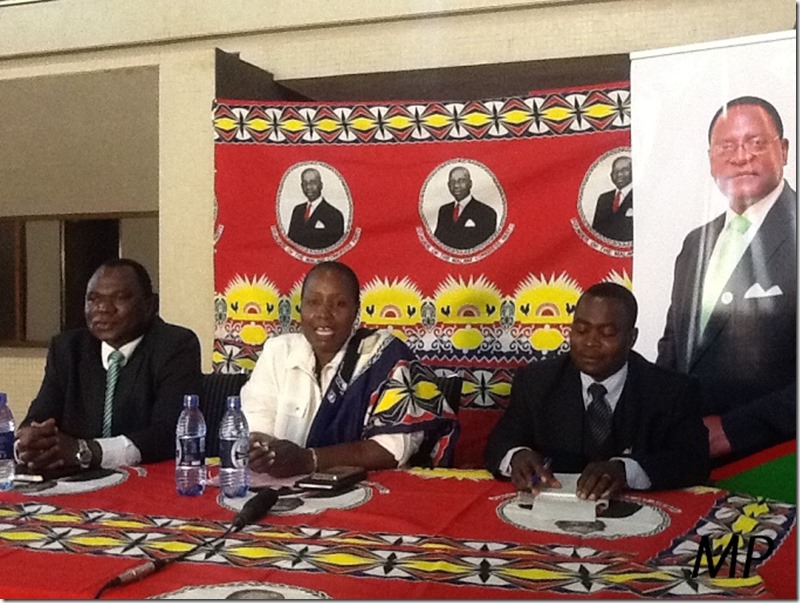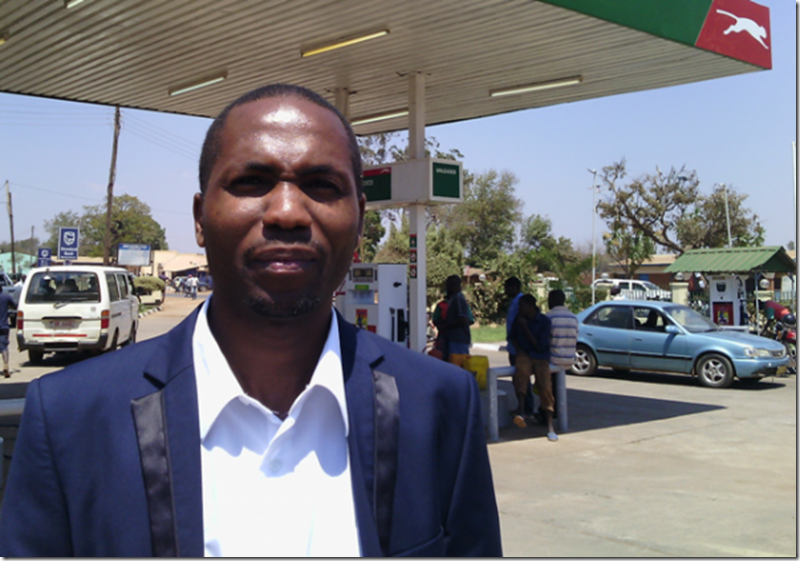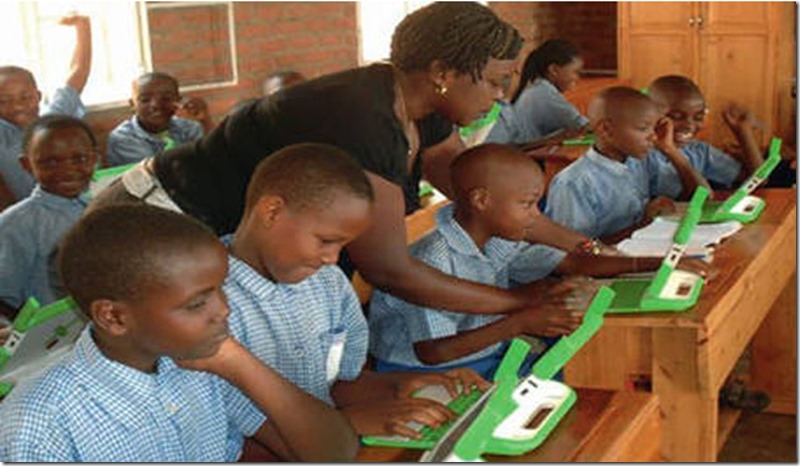
The British government will shortly ask parliament to approve its sixth war of overseas intervention in just two decades. The victim will be Syria.
Such a war is incoherent. The “enemy” appears to be both sides in a civil war – Islamic State and the Syrian regime.
Worse, the war will be limited to the cruellest, most destructive and strategically most useless of weapons, the airborne bomb.
Since its invention a century ago the bomb has maintained a mesmeric hold on politicians and soldiers alike. It is now the all-purpose totemic answer to “something must be done”. In Syria it impossible to understand what Britain will be bombing and to what strategic goal.
In each of the wars of intervention – against Iraq, Serbia, Afghanistan, Iraq again and Libya – cities as well as armies were bombed, overtly to terrorise regimes into surrender. In each case, air forces said that the bombing would be “proportionate and measured” and yet in each case forecast it would bring a regime “to its knees”.
Thus three months of bombing of Belgrade in 1999 was supposed to force the Serb leader, Slobodan Milošević, to withdraw his forces from Kosovo. It spread from military to civilian targets, including power stations, Danube bridges and civic and historic buildings. Intelligence leaks to the New York Times admitted this “increased Serb recruits’ willingness to fight”, while merely hastening the ethnic cleansing of Kosovo. Serb withdrawal from Kosovo eventually came about only when Nato troops on the border prepared to invade and Russia told Milošević to change tack.
The war on Afghanistan in 2001 began with what was called the “psychological bombing” of Kabul. Despite six weeks of pummelling, the Taliban withdrew only when troops of the northern alliance were finally induced to march south and seize the capital, aided by the arrival of Nato special forces. Much publicised “bunker-busting” of Taliban and al-Qaida positions failed to kill Osama bin Laden or later to secure Helmand for the Kabul government.
The invasion of Iraq in 2003 was preceded by the “shock and awe” bombing of Baghdad, an act of explicit terrorism. Yet the Saddam regime fell only with the arrival of coalition ground troops in Baghdad, where they found a city so wrecked by their own bombing as to remain ungovernable for a decade. The anarchy produced by air power vitiated the success of power on the ground.
The bombers’ best case was supposedly Libya in 2011. But the value of that bombing was tactical – the clearing of routes for a rebel advance on Tripoli. Again it was land forces that won the victory. As in Baghdad, bombing merely helped tilt the balance of power from order to anarchy, now rife on all sides.
Air power is the most agile of political lobbyists. It has received a dramatic boost with the evolution of the drone bomber over the past 10 years, at first opposed by air forces for fear of losing their pilots’ jobs.
The drone is not a novel concept – Hitler’s long-distance V-rockets were equally terrifying. It is merely a new way of delivering a bomb. But it has proved mother’s little helper to the insecure politician. It is packaged machismo, hi-tech and risk-free. It is not even very expensive.
Because a drone attack is so distant and so invulnerable, it regards itself as self-validating. Its reach and supposed accuracy silence questions of purpose. Like its pacifist co-conspirator, the economic sanction, the drone can be clothed in aggressive rhetoric and its opponents cast as appeasers of evil. Its justification is solely that of the “trophy hunt”, of the number of kills. It can be shown to “work” without needing to prove it does any good.
There is copious literature on the strategic utility of bombing. Since the wartime campaigns of Bomber Harris, through Hiroshima and Nagasaki to Korea and Vietnam, the violence of any weapon enhances the warrior status of those deploying it. American generals rippled their muscles and swore to “bomb north Vietnam into the stone age”. They still lost the war.
Even the most sophisticated airborne weapon is inherently unreliable as it depends on intelligence. Its consequent cruelty (and waste) is persistently ignored, while chemical weapons are anathematised even if, unlike explosive bombs, they may not kill.
The delayed-action anti-person cluster bomb is a device of palpable immorality; 40 years on it is still killing Laotian and Cambodian farmers. It should long ago have been banned, yet it remains in the Nato arsenal. The bomber can do no wrong.
So poor is the record of recent wars of intervention that future ones are likely to be confined to bombing. The objective is not to conquer territory but to aid allies in that goal, while also decapitating designated “bad guys”. These enemies occupy a global condemned cell, at the mercy of western “executive discretion” and that fuzziest of concepts, “the law of the war on terror”.
There is no evidence of the drones’ strategic effectiveness. The killing of Pashtun militants has done nothing to halt the Taliban’s path back to power in Afghanistan. It has merely replaced possibly moderate elders with tribal hot-heads.
Obama’s first drone attack in Yemen killed one al-Qaida suspect, 14 women and 21 children. In a six-year period to 2011 an estimated 3,000 innocents were killed in Pakistan alone, including 176 children. Such casual slaughter would have an infantry unit court-martialled and jailed. Drones are immune.
For the past year, the skies over Syria and Iraq have seen the most devastating deployments of air power in recent times. There have been a reported 6,000 coalition air strikes, manned and unmanned. Some 20,000 bombs have been dropped. Coalition spokesmen maintain this has “turned the tide on Isis”. Britain’s defence secretary, Michael Fallon, said this week that British bombs have killed 330 Isis fighters and incidentally no civilians, an implausible claim. He nowhere indicated what tactical or strategic goal was won thereby.
Isis appears to have solidified its position roughly where it intended, entrenched in control of a Sunni statelet. Syrian and Iraqi regular troops have clearly lost the will to fight this enclave. Effective opposition has come not from western bombers or recent, farcical attempts to “train” insurgents, Bay-of-Pigs style. It has come from motivated Hezbollah and Peshmerga troops, reportedly being reinforced by Russian units. The only intervention likely to work in Syria just now is from Moscow.
The message of the wars of intervention is that to mean anything they need “boots on the ground”, and political commitment thereafter. The west has shown it can deploy such forces. It did so to evict Iraq from Kuwait, Serbia from Kosovo, the Taliban from Aghanistan and Saddam Hussein from Iraq. In each case, intervention was militarily successful – even if in most cases it was politically disastrous.
If ever in the past quarter century there was a clear humanitarian case for intervening to pacify, reorder and restore good governance to a failed state, it must be in Syria. I still regard this as none of Britain’s business, which should be to help refugees. But if parliament were to decide otherwise, there is no other moral course but to insert ground troops. If winning is Cameron’s goal, he should put his army where his mouth is and pledge a massive British presence in a UN intervention force.
This would almost certainly suck Britain into another Helmand. But at least it would be morally and strategically coherent. Dropping bombs is politically cosmetic. It is trying to look good to a domestic audience; a cruel delusion, a pretence of humanity, ostentatious, immoral, stupid.


 Image copyrightMicrosoft
Image copyrightMicrosoft  Image copyrightMicrosoftImage captionMicrosoft has found success with its Surface tablets
Image copyrightMicrosoftImage captionMicrosoft has found success with its Surface tablets  Image copyrightMicrosoftImage captionMicrosoft showed off its new fitness device, Band 2
Image copyrightMicrosoftImage captionMicrosoft showed off its new fitness device, Band 2  Image copyrightMicrosoftImage captionMicrosoft showed off a mixed reality game for its VR headset HoloLens
Image copyrightMicrosoftImage captionMicrosoft showed off a mixed reality game for its VR headset HoloLens  Image copyrightMicrosoftImage captionMicrosoft wants to unite all its hardware under the Windows 10 umbrella
Image copyrightMicrosoftImage captionMicrosoft wants to unite all its hardware under the Windows 10 umbrella 







You must be logged in to post a comment.